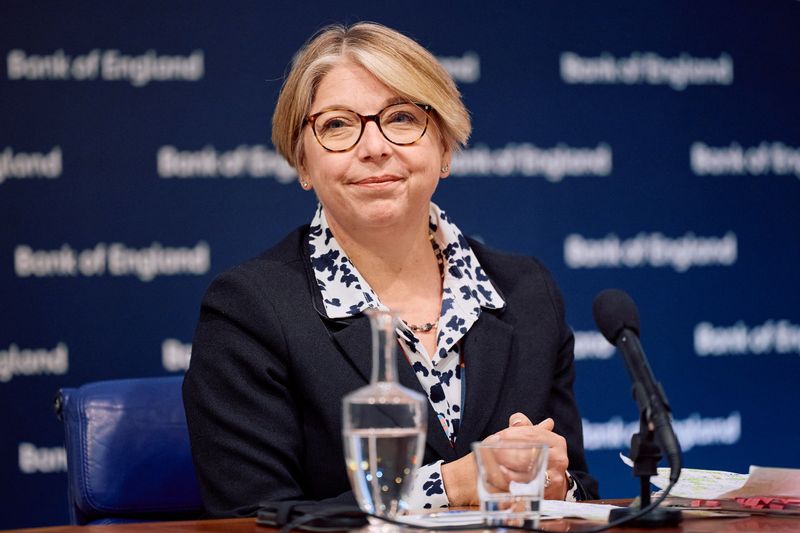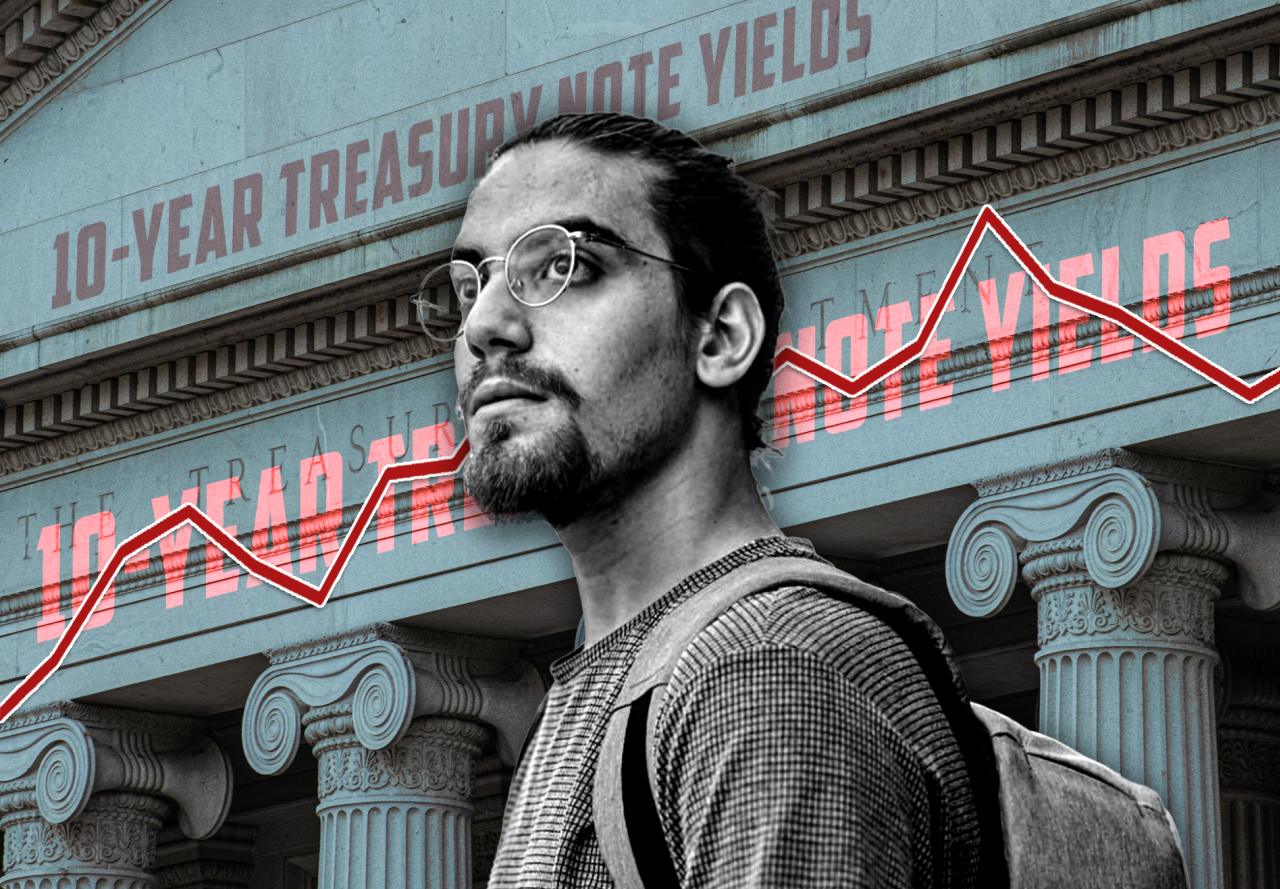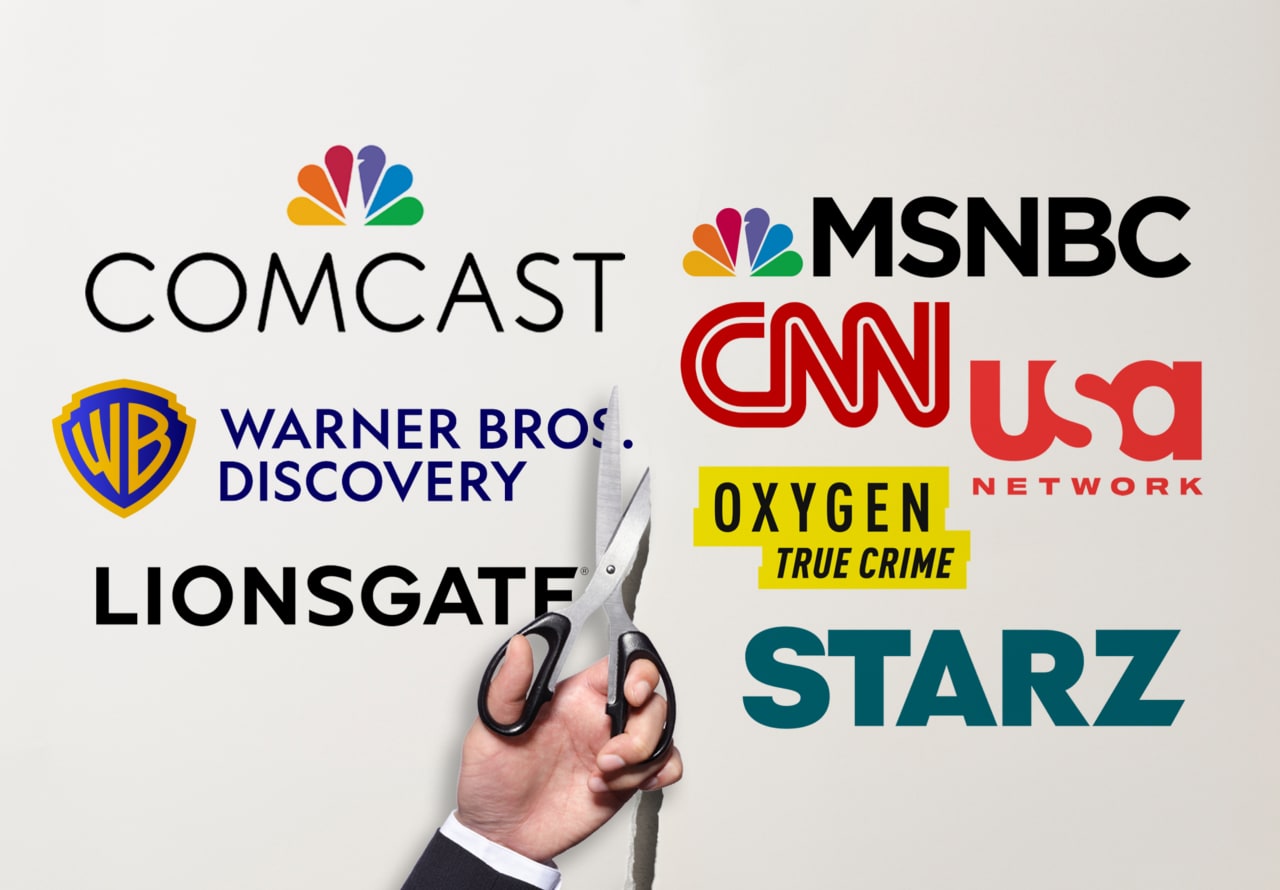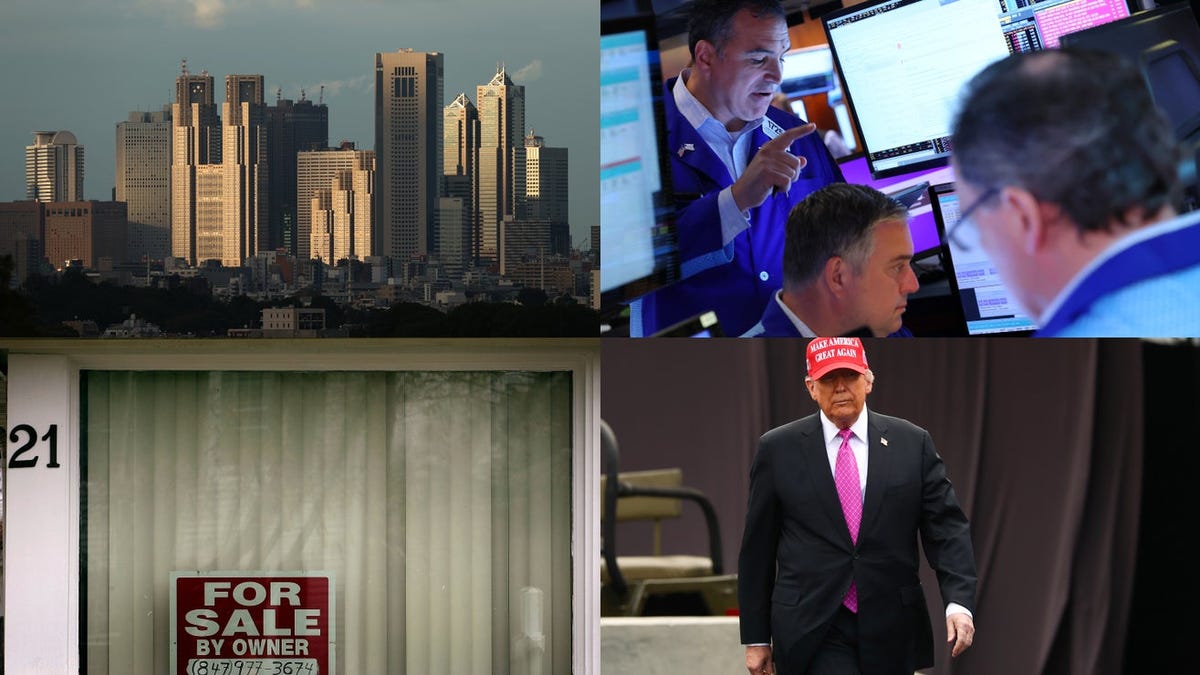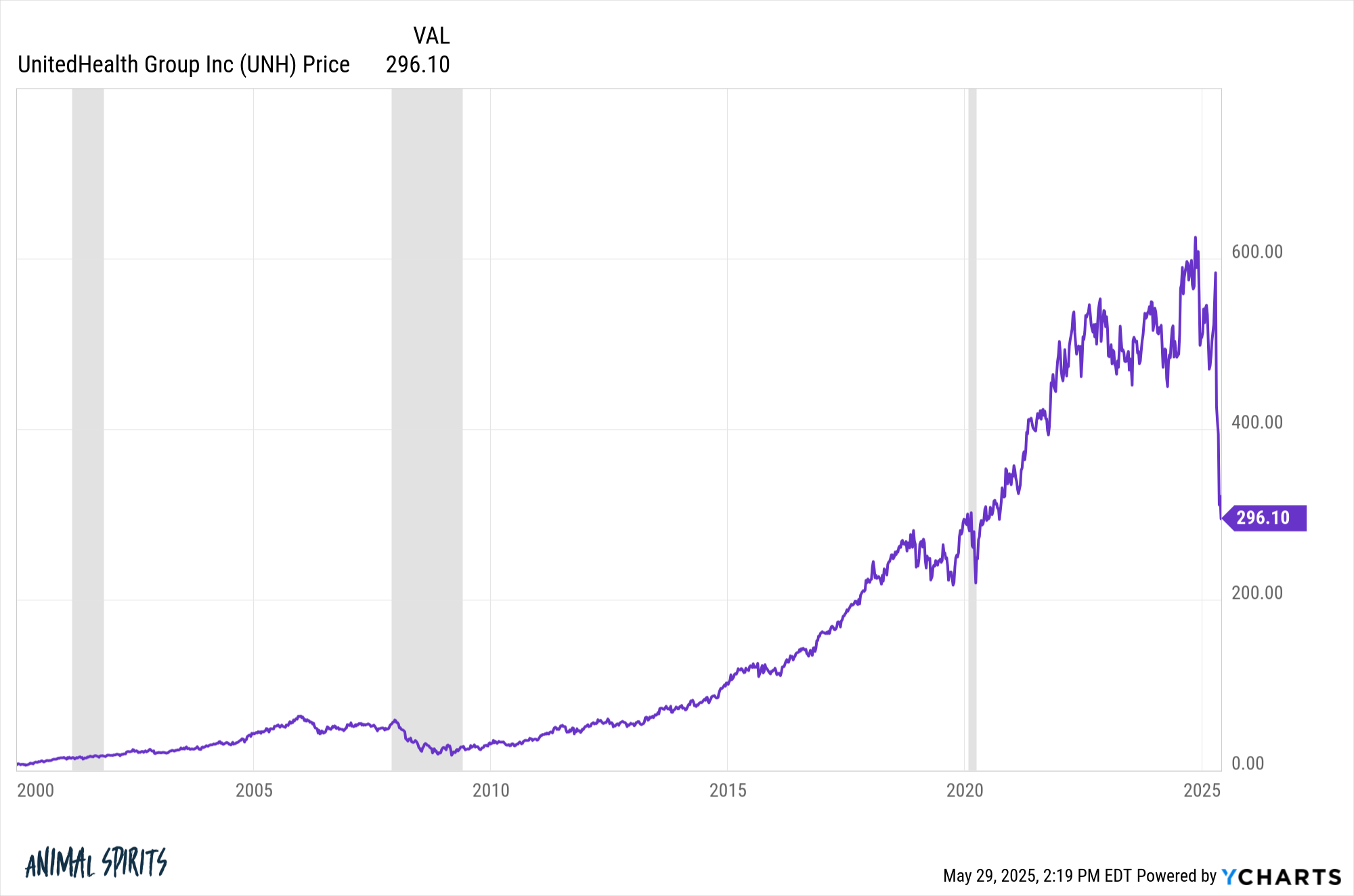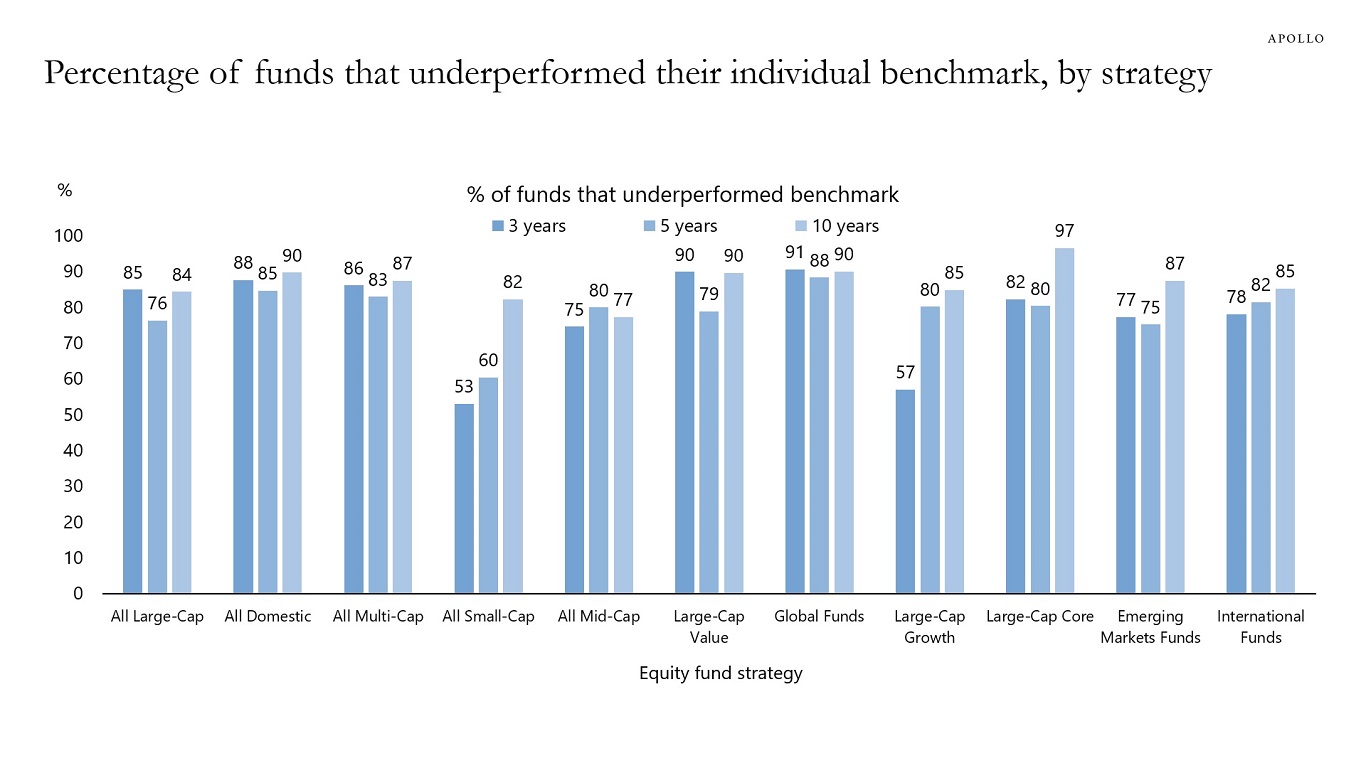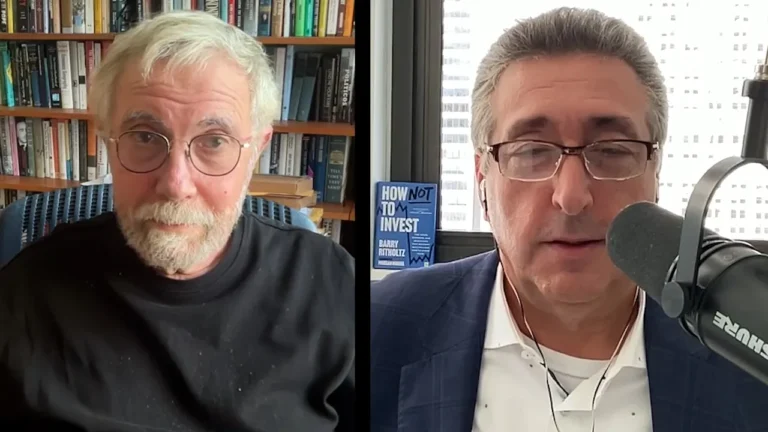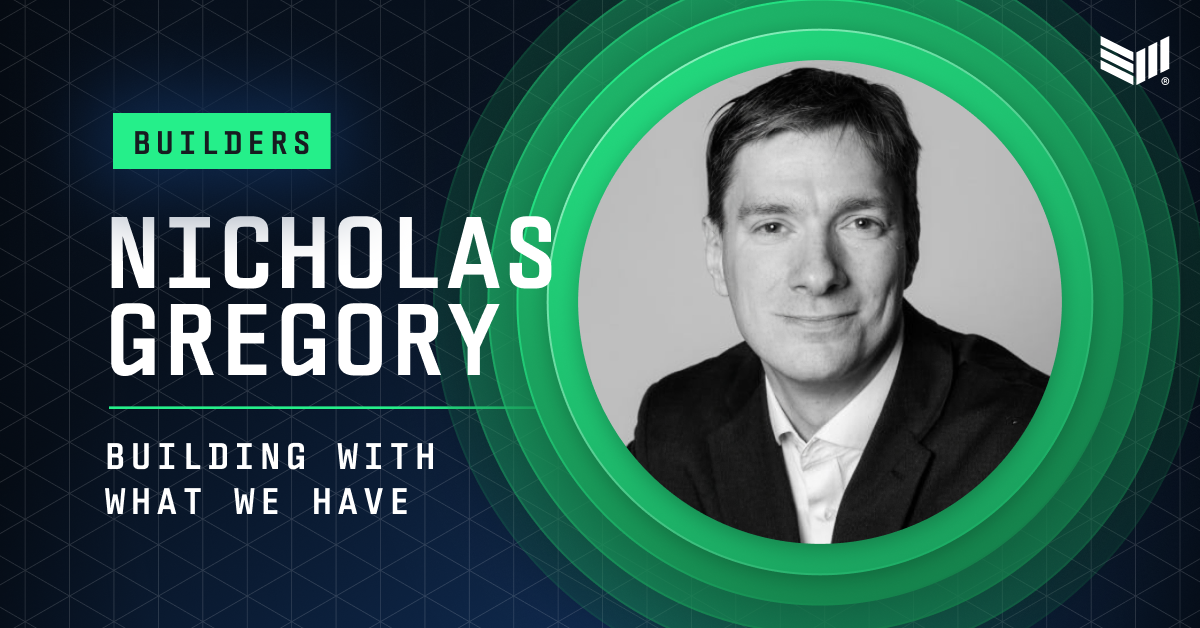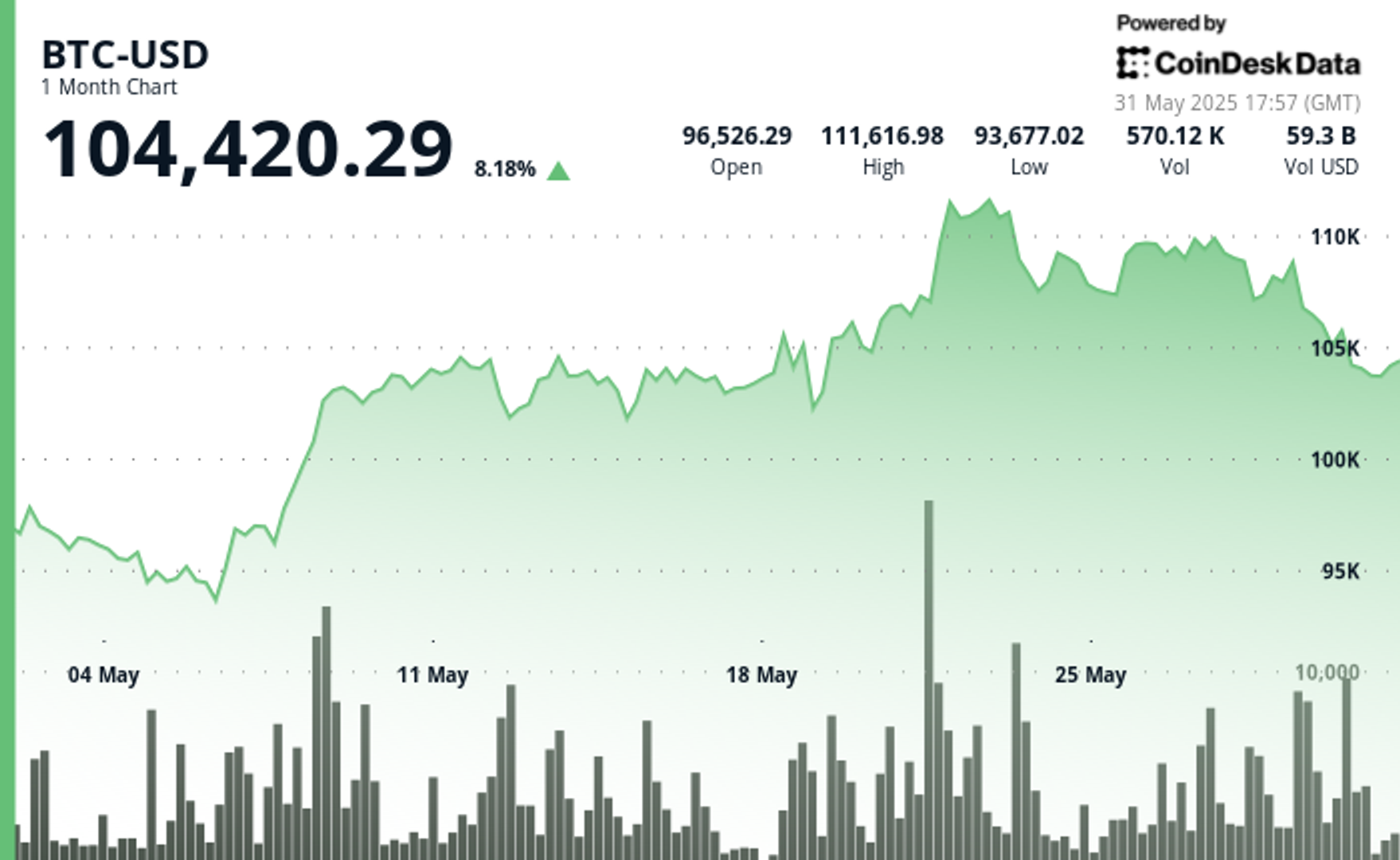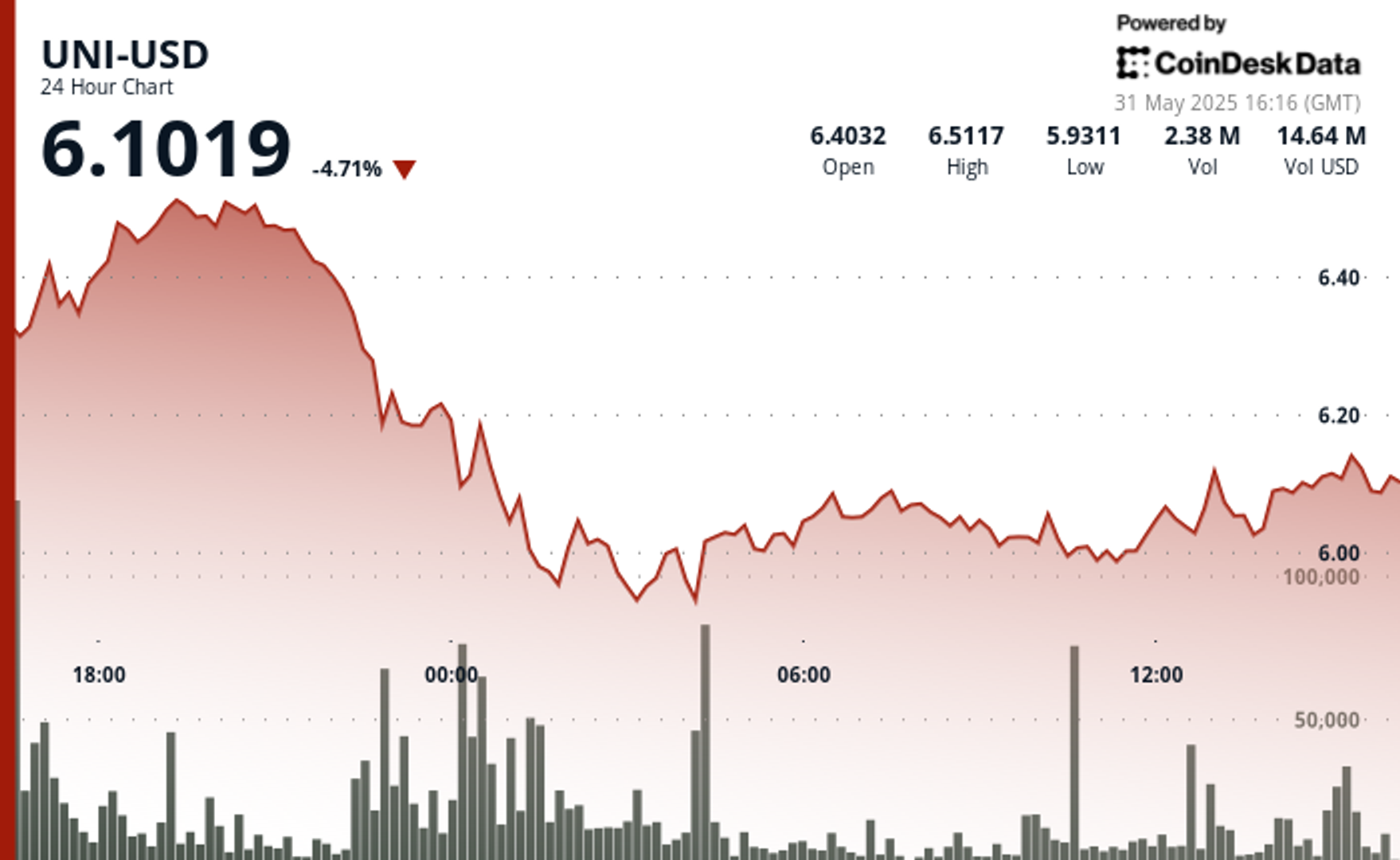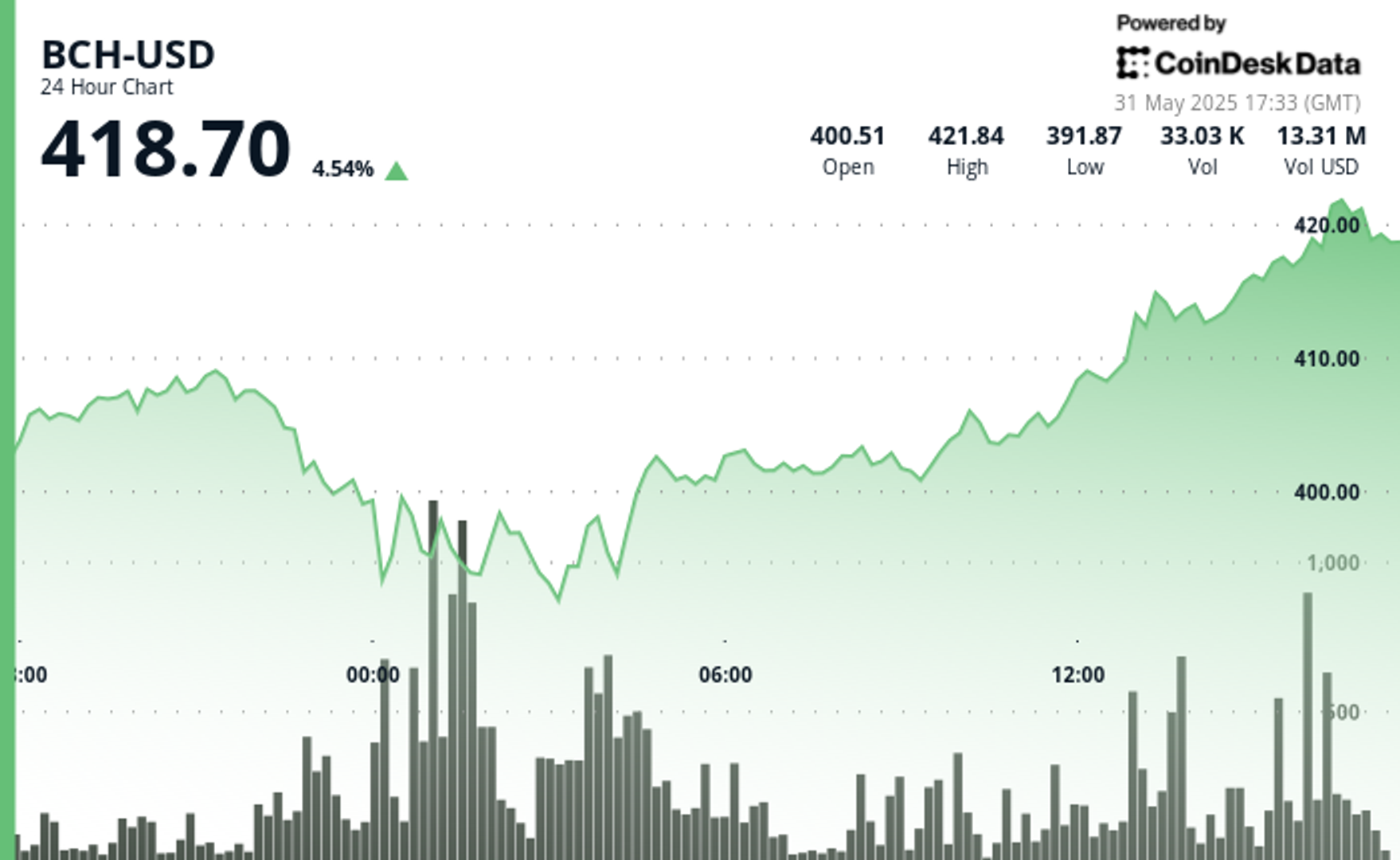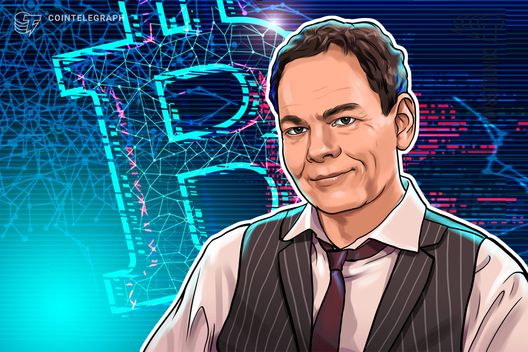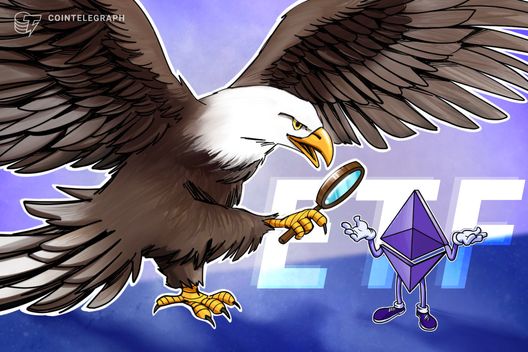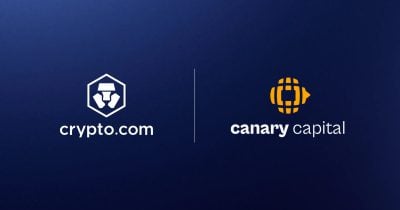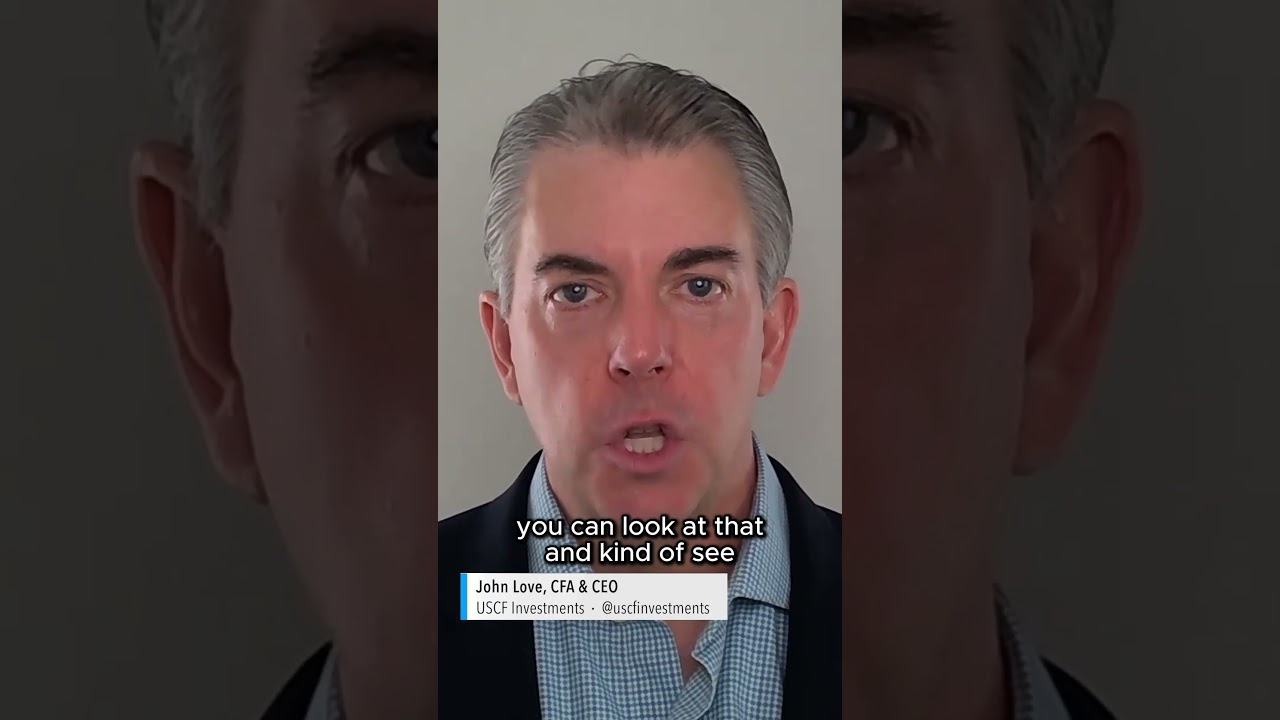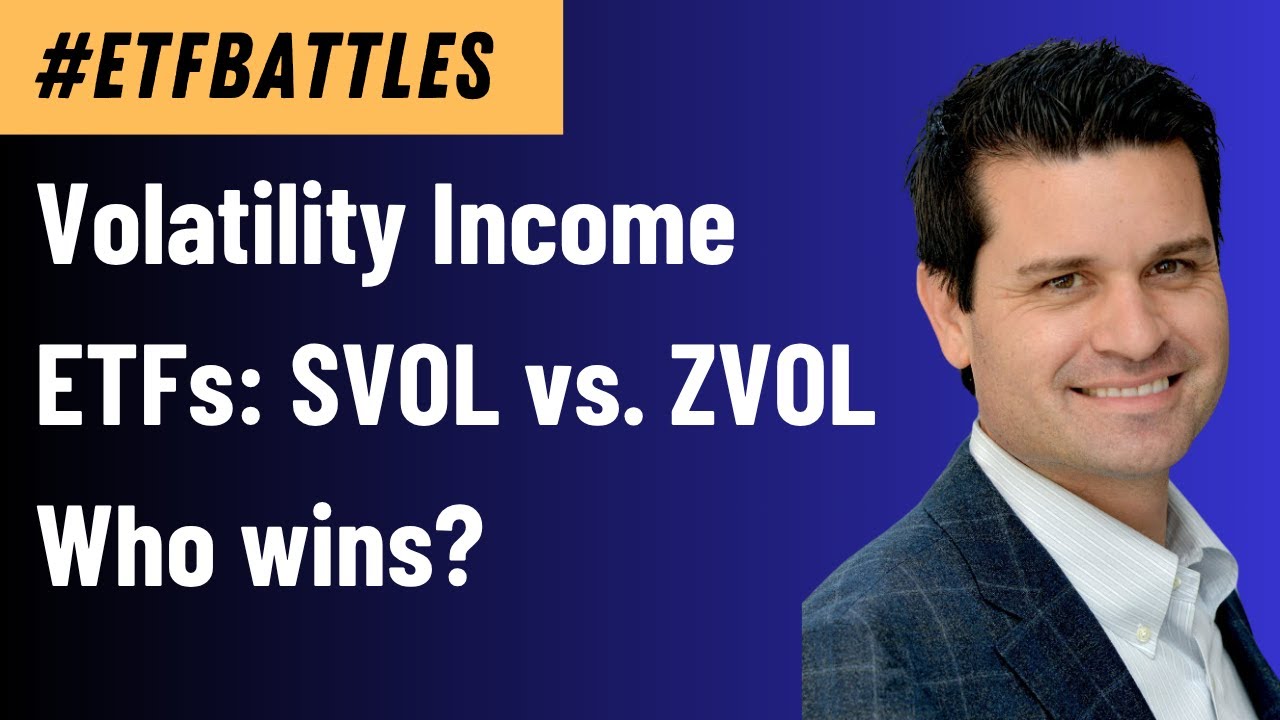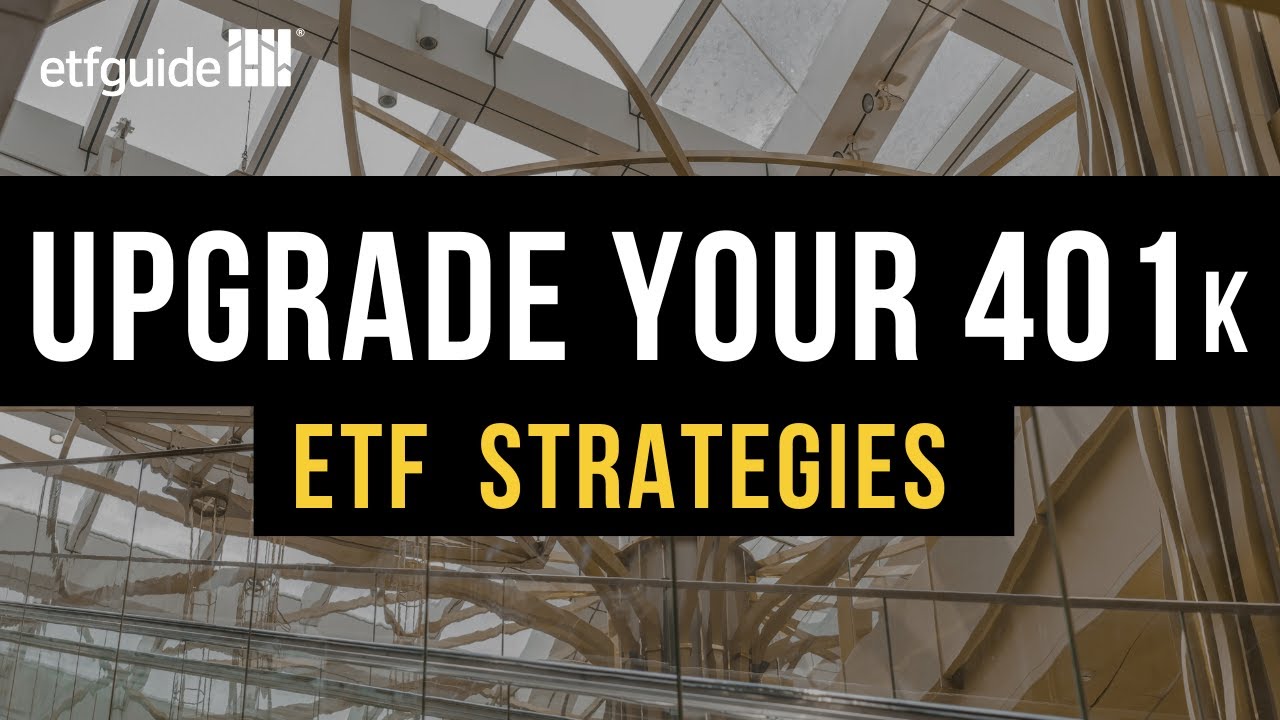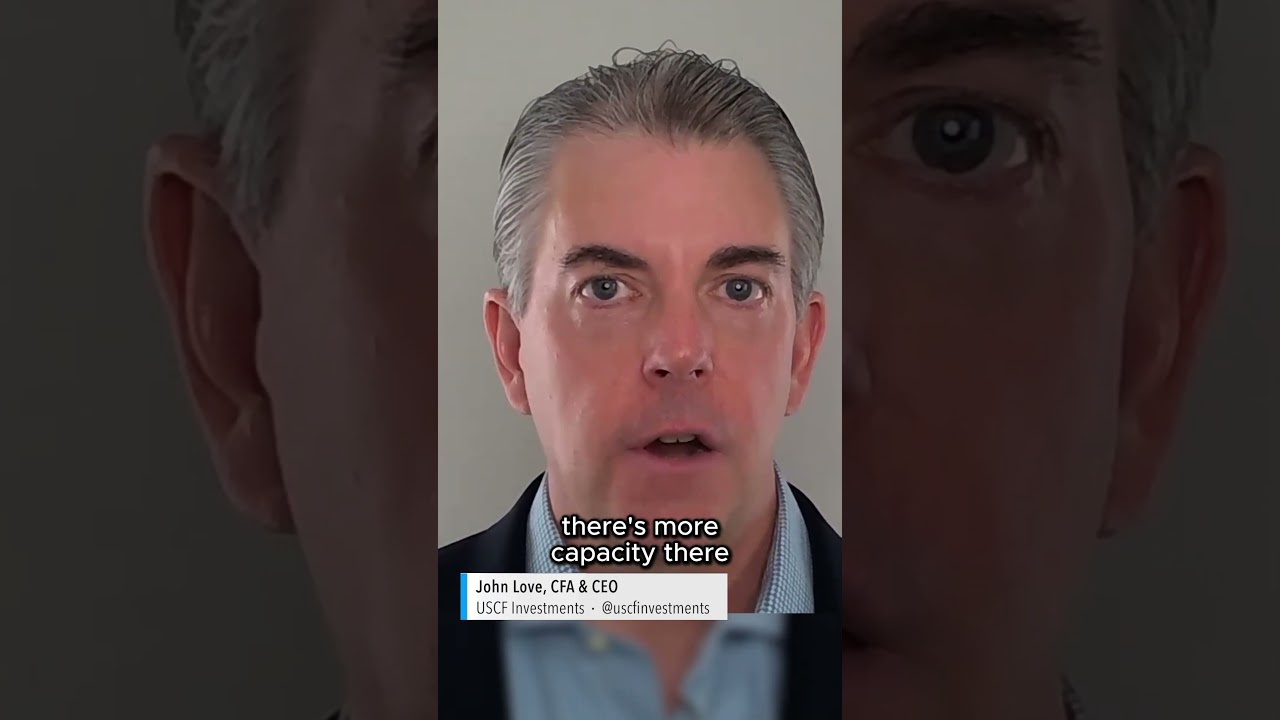Video: How companies pick CEOs and top leadership
Picking a top executive can make or break a company. Spark institute's Tim Rouse and Joe McCabe of Korn Ferry share how it's done.
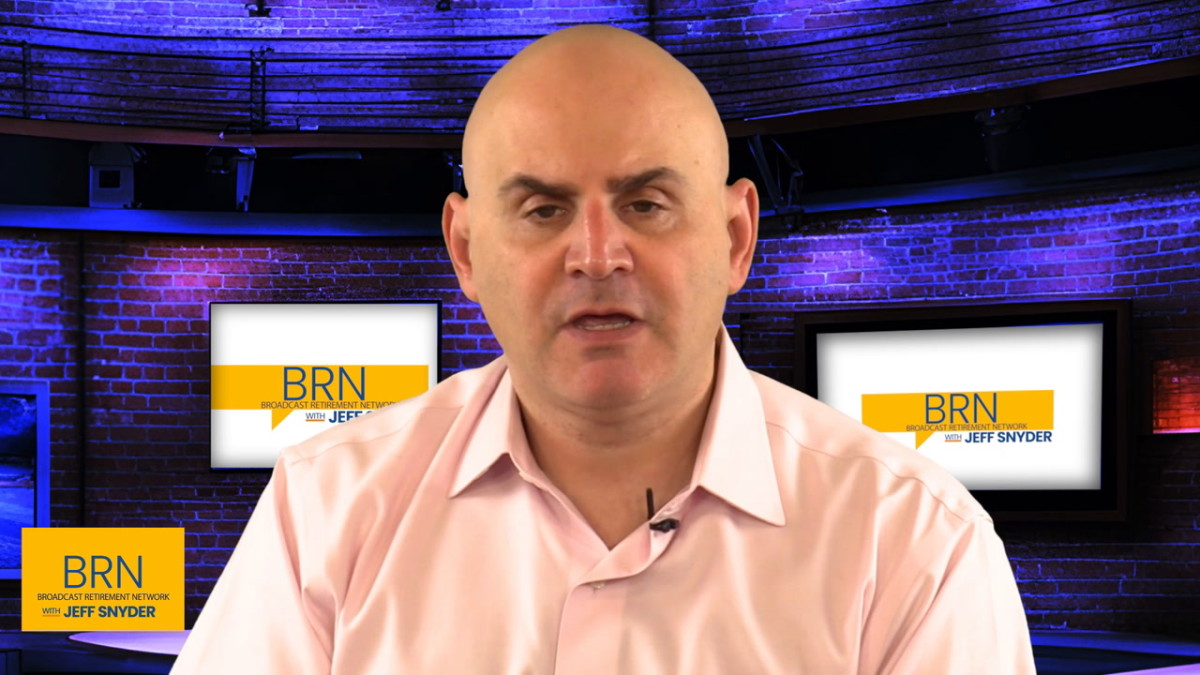
Picking the right leader might be the biggest problem facing any company.
If you get it wrong, you can poison the entire culture. It's a major challenge, and one that becomes more complex in certain industries.
Spark institute's Tim Rouse and Joe McCabe of Korn Ferry joined Jeffrey Snyder on Broadcast Retirement News to discuss how they approach helping companies pick their next generation of leaders.
Broadcast Retirement News: Leadership changes
Transcript:
Jeffrey H. Snyder: This morning on BRN, leadership succession in a changing retirement industry. Joining me now to break it all down, Tim Rouse is the Executive Director of the Spark Institute and Joe McCabe is with Warren Ferry. Tim, great to see you again.
Joe, great to meet you. Thank you to both of you for joining us this morning.
Tim Rouse, The Spark Institute:
Snyder: Thanks for having us. Thank you, Tim.
Tim, I want to start with you because this is, I think, some newer research being put out that's going to be addressed by the Spark Institute. What was the origination of the research and why do it now?
Rouse: Well, Jeff, the industry is really at an inflection point, transitioning from operational efficiency into a more uncertain innovation-driven future. So the skill sets that define past success might not necessarily be those same skill sets that ensure the future leadership.
Snyder: Yeah, that ties actually nicely into past performance is not indicative of future results, which we see on financial statements. But in all seriousness, Joe, welcome to the program. Your firm, Korn Ferry, works across multiple industries, many industries, but I want to ask you about succession planning in the retirement industry.
What makes it challenging in today's environment?
Joseph McCabe, Korn Ferry: Jeff, from an aspect as far as the industry goes, I think, and Korn Ferry has the advantage, we're the largest global executive search firm, so we see every industry, every geographic region across the globe. That gives us a unique vantage point. And a lot of the issues that the retirement industry is facing are really a microcosm of larger industry succession and talent management overall.
The environment's changing so rapidly in every industry. Clearly, the retirement space is dramatic. You think about the aging of the boomers.
What historically, as Tim alluded to, there was much more consistency in leadership over a longer tenure. That's changed. And so now we see average CEO tenure across the globe for various industries is three and a half years.
And so what used to be very long tenure has now changed because of the rapidly changing workforce, the boomers. And if you think about the impact of the retirement space more broadly, how much more complex it's become, and certainly with on behalf of Spark, all the legislative efforts that go on there as well too, for individuals that love the space, love the industry, but want to make sure, you know, it's providing the right thing for individuals down the road to further retirement. So I would say the rate of change is just accelerated dramatically, and that's impacted this industry as well.
As Tim said, what does the next generation of leadership look like? That's why this is going to be a fascinating study.
Snyder: Yeah. And it sounds like to me, you have to be a multi-talented professional. I know we're going to talk about that in a few minutes.
Tim, let's talk about the surveys. We're kicking off, or you are kicking, not me, but you two organizations are kicking off the survey. How is the information that you glean from these surveys going to be utilized by SPARC and by the industry?
Rouse: So, Jeff, we're using a two-part approach. So we're going to start with a national executive survey, and then followed with the help of Korn Ferry with a deep dive interviews. This lets us combine broad insights with the nuance segmenting and findings, and we're breaking it down into conversations with record keepers, asset managers, and advisory firms.
And then ultimately, we're going to complete the process by having Joe and his folks attend our November forum down in Florida.
Snyder: Yeah. And you'll have a lot of information there, Joe. What do you hope to uncover, Joe?
I mean, you've been through this, obviously, with other industries. What do you hope to uncover, and what type of methodology will Korn Ferry be utilizing for these surveys?
McCabe: I could, from at least a core philosophical approach, I really like what Tim and Spark have proposed, which is basically a bottoms-up. And so if you think about that, getting input from individuals from various, not only record keeping, but investment-only, all sorts of other individuals that are in the retirement space more broadly, but also from a bottoms-up approach.
So not just asking the top of the house what do they think, but asking the troops throughout as they build their careers and they understand the industry, what's their input as well, too?
So the bottoms-up approach is great. We're going to utilize that to then go and talk to multiple senior leaders to run those results by them and see what they think. And so to almost ground that foundational research into what the senior leaders think is important for the industry going forward.
The overlay that Korn Ferry will do is that we do assessments across industries and senior leaders. We've got over 6 million data points on assessments for senior leaders across various industries, including financial services and including retirement and the work we've done in that space. So we want to really provide an insight ideally into what does that future generation of leadership look like?
What are the traits, drivers, competencies of what that group should be and use that as a foundation for the industry hopefully doing a better job in the future of planning for what's going to be a more rapidly evolving turnover as far as senior leadership goes.
Snyder: And Joe, just to follow up and pick up on the conversation from a few minutes ago, what are some of the leadership traits that you believe without, you know, we don't have any data, but that you believe is important in terms of the future of the financial services and the retirement industries?
McCabe: We see certain trends that are industry agnostic emerging as we do this assessment work for various organizations. Given the rapid change of pace, the tolerance for ambiguity is growing by the moment as far as that's concerned. That's probably the big driver.
And then also from a leadership standpoint, individuals that think at an enterprise wide level, you know, historically, every organization, even industries I've worked in prior to executive search, you typically get into a silo every day of your own company, your own organization, and having individuals that think more broadly across the enterprise, those skill sets are becoming more and more valuable as time goes on.
So those are clearly two of the, to give a peek under the tent, I'm sure those will be raised to some degree, regardless, as far as our input goes from the interviews and the assessments and the.
Surveys. Surveys, thank you. Yeah, you're welcome.
Snyder: Tim, you know, I'm a Baltimore Orioles fan. It's not been a good year for the Baltimore Orioles. They just relieved their manager of duty.
It's still early in the season, Jeff. They've not had a good season. It doesn't look good, but they're going to have to hire a new manager.
And analogous to the retirement industry, they can hire from within the organization or they can go outside. Do you think the future leaders of the retirement industry come from within or do they come from outside in other sectors?
Rouse: Well, some will come from outside, but we expect to see an influx from adjacent sectors, maybe tech, maybe health, even global logistics. But because of the challenges of our market, where you have essentially two clients, you have the employer, plan sponsor, and the participant employee, it really requires a unique understanding. And so part of this survey and part of this research will tell us a lot about the types of things that outsiders will need to know as they enter into our market.
Snyder: Yeah, then they're going to have to pick up. We have a lot of jargon, as most industries do, I think bringing information from the outside, but also willingness to kind of learn the retirement speak, so to speak. Tim, as we close out this morning's discussion, for those watching, especially executives and leaders within an organization, how can they participate in this survey?
What do they need to do? Are you going to be reaching out to them directly?
Rouse: Obviously, they can reach out to us at sparkinstitute.org, and we are going to be sending it out to a lot of our industry leaders and a lot of the contacts that we have in the industry. Joe and his team have a tremendous number of contacts as well. But if there are folks out there that are interested in having their voice included in this research, we encourage you to reach out to us.
Snyder: Yeah, and that information is going to... Yeah, go ahead. ...having us today.
Rouse: This isn't just about who leads the next generation. It's about how they lead differently. We can't afford to rely on old instincts in a world reshaped by technology, including AI, consolidations, and shifting client demands.
We really need to focus in on what's going to be necessary for the leaders of the future.
Snyder: Yeah, and Joe, I don't want to put pressure on you. You talked about some of the data points. Just kind of looking out without having access to any of the data, let's tease out that November forum appearance.
Maybe it will help drive even greater attendance than they already get. They get great attendance. But what can attendees look to glean from the information you're going to gather and analyze?
McCabe: In addition to the data, Jeff, there's also the value of we're going to have a panel set up there to have senior leaders give their reflections on results and what they see going forward as well, too. So it's really going to be a great input from the industry thought leaders across the board of what that next generation of leadership looks like, to Tim's point.
Snyder: Yeah, it's going to be exciting. And I think I'm looking forward to seeing it. Having been someone like the rest of you gentlemen, being a multi-decade contributor to the retirement industry, I'm looking forward to seeing where the future goes.
Tim, Joe, thanks so much for joining us. We look forward to having you back when you have some results. And we'll talk to you again sometime very soon.
Rouse: Thank you, Jeff.
McCabe: Thanks, Joe. Thanks, Jeff.
Take care. Good to see you.
Snyder: And don't forget to subscribe to our daily newsletter, The Morning Pulse, for all the news in one place. Details, of course, at our website. And your subscription helps support all this great BRN content.
We're back again tomorrow for another edition of BRN. Until then, I'm Jeff Snyder. Stay safe, keep on saving, and don't forget, roll with the changes.






